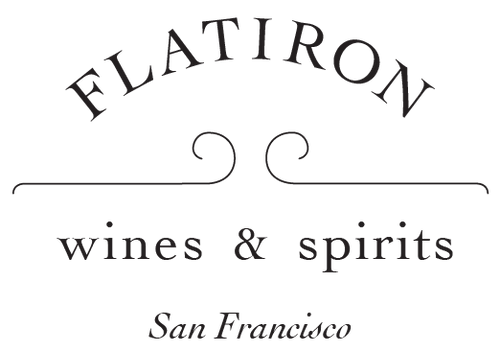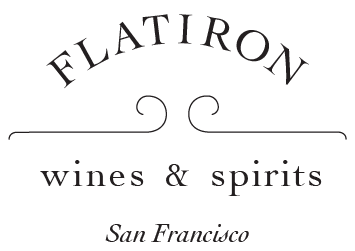Terroir Al Limit
Priorat was an unknown Spanish backwater when a small gang of winemakers, including Alvaro Palacios and René Barbier, started making deep, dark wines from the old vines they found planted on the hot, steep, slate... Read More
Priorat was an unknown Spanish backwater when a small gang of winemakers, including Alvaro Palacios and René Barbier, started making deep, dark wines from the old vines they found planted on the hot, steep, slate vineyards. Those wines took the world by storm in the ‘80s and ‘90s, and today names like L’Ermita and Clos Mogador are legendary (and very expensive).
But the style of wine they popularized: rich, dense, spicy, and high in alcohol has largely gone out of style over here. Priorat wines, which used to be a big deal in the U.S., just aren't that popular—outside of the very top (and collectible) names.
All that’s starting to change now, thanks in part to Terroir al Limit. Begun by Dominik Huber (originally with South African wunder-kid, Eben Sadie) in the 2000s, Terroir al Limit is, as the name implies, all about Priorat’s terroirs, which Dominik has been exploring on motorcycle and in the cellar for 20 years now.
He has learned to make wines that are direct, pure, and balanced. No over-chewy textures or roasted fruit flavors here.
Where did he even get the idea? Actually, from old bottles of Priorat. See, back in the ‘70s, before the international winemakers descended, the best-known wines from the region were made from the coolest sites, with very little extraction. And that’s what Dominik is aiming for today.
He has fine-tuned his farming, adopting organic and biodynamic methods to this hot, sunny land, and learning how to keep the soil healthy and moist in the extreme climate. He eventually moved to whole-cluster fermentation without any pumpovers or punchdowns.
The result is wines that have the clear minerality and power of Priorat’s best, with none of the soupiness or goopiness of the worst. They are dark-fruited, structured, and long—as you would expect from the Priorat—but they are also fresh and balanced, drinkable, and fantastic with food.

